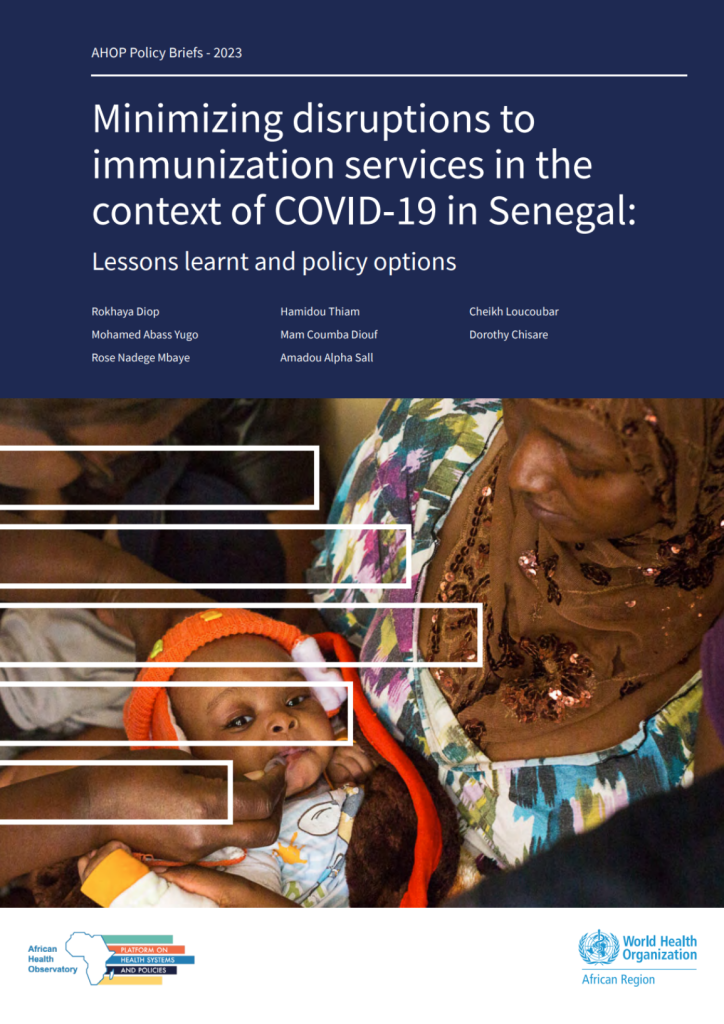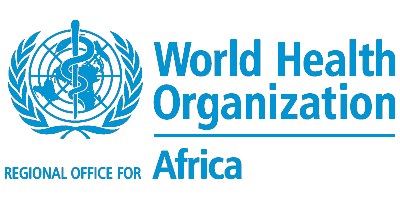AHOP presents a new policy brief from the Senegal National Centre – Institut Pasteur de Dakar (IPD). The brief outlines lessons learnt and policy options to address disruptions to immunization services during the COVID-19 pandemic in Senegal.
In 2020, at the peak of the pandemic, two-thirds of countries reported disruptions to routine immunization. This resulted in 23 million children around the world missing out on basic childhood vaccinations.
In Senegal, these disruptions are attributed to supply and demand factors, including: a shortage of health care personnel, fear of visiting health care facilities, immunization funding being diverted to COVID-19 response efforts, and vaccine production being affected.

Despite these challenges, innovative strategies that were put in place prior to the pandemic helped sustain immunization provision in Senegal. Policies at both the national and regional level, such as the comprehensive multi-year plan for 2019–2023, the Reach Every District strategy, the outreach strategy, and awareness campaigns, were successfully implemented to reinforce commitment and decrease disparities in immunization services.
The policy brief recommends multi-stakeholder collaboration for pandemic preparedness. Establishing partnerships is crucial for implementing best practices in primary health care and for strengthening health systems.
Immunization service stakeholders in Senegal could consider reforming best practices in primary health care and rebuilding resilient health systems by adopting the World Health Organization (WHO) Operational Guidance. Furthermore, incorporating successful innovations developed during the COVID-19 vaccination campaign, sensitizing health care providers, and emphasizing community ownership could help build system preparedness.









